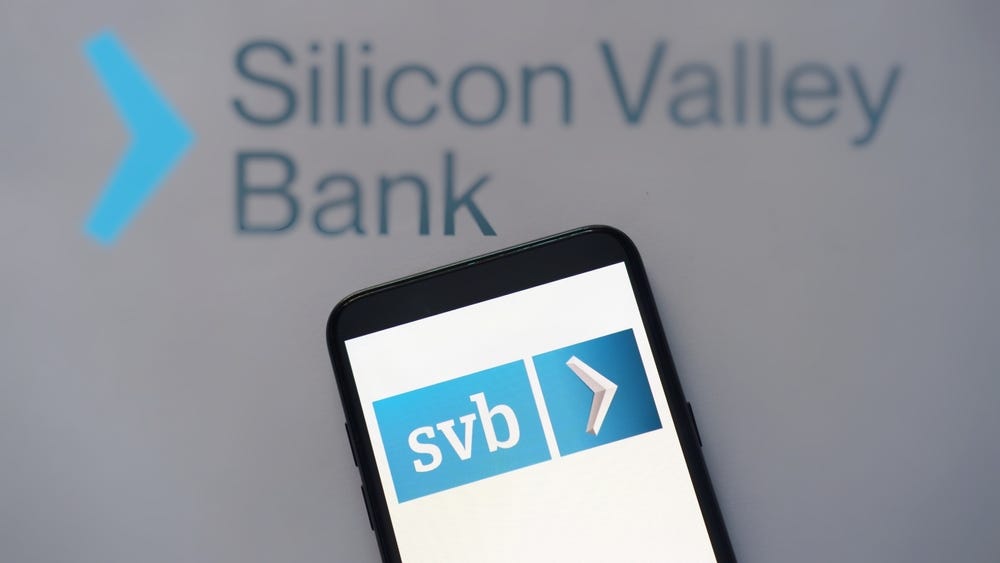A Few of my Thoughts on SVB Collapse
Silicon Valley and the tech world have been rattled yesterday by the implosion of Silicon Valley Bank. This is apparently the second biggest bank implosion in the US history. SVB has played an outsize role in the Silicon Valley echo system, and has been a preferred banking solution for many startups. I have never actually used it myself, and aside from one of their branches on California Avenue in Palo Alto, have not really seen any of their offices. By all appearances, SVB seems to have been a very “traditional” bank in terms of its operations, with no crazy “fintech” bells and whistles. Which seems to have played into its reputation as a “stable” institution.
So unlike many of the erstwhile commentators, I have actually heard of SVB before, but like most of them I am no better than any other informed “layperson” when it comes to this bank and the world of finance in general. On Twitter and other very-online places we joke regularly how everyone suddenly becomes an “expert” on whatever the most pressing “Current Thing” is, but to be honest there are lots of valuable insights in that can be found online these days, from direct experiences of people who are being affected by this collapse, to many informed expert insights who know and understand the workings of the Tech industry, banking, and the VC worlds. And for the umpteenth time I find those posts and insights vastly more helpful than many “professional” articles that are coming out on this topic or are about to come out.
So from my perusal of various tweets, it seems that this is what happened: SVB took a lot of deposits from various startups during the recent funding heyday a couple o years ago. They put that money to work in a “safe” way by investing into long term bonds with 1.5% yield. However, as the funding bonanza slowed down, SVB has not been getting enough new deposits to cover their ongoing expenses, including the regular withdrawals that are part of the normal banking business. So they needed to sell some of the bonds, which due to the skyrocketing interest rates over the past year, became far less valuable then when they were originally purchased. In other words, they needed to sell them at a loss, which spooked up various prominent VCs who then created a bank run. I’m leaving out a lot of details, but as far as I can tell this is the gist of the story. Again, kudos to many insightful Twitter posts that provided me with this info.
The collapse of SVB will have enormous consequences on the tech sector which we are not fully ready to comprehend yet. Depending on whether there is enough political will in Washington to bail out SVB, many startups will go belly up in the upcoming weeks and months This only exacerbates an already difficult period in tech. We are likely to see many deleterious effects, and quite soon, that we can not even anticipate now.
This is also a reminder, as if we needed any more, of how precarious working in the tech industry is. All the high potential and generous compensations are balanced out by the crazy level of professional uncertainty and insecurity. You also have to have a well-above-the-average level of financial savviness and literacy. Just navigating the various forms and timings of your compensation - wages, options, RSUs, stock repurchasing plans, vesting schedules, granting processes, etc. - can be incredibly daunting. In some ways, it’s a miracle that the whole tech industry edifice is not only chugging along, but actually such a dominant overall force.

